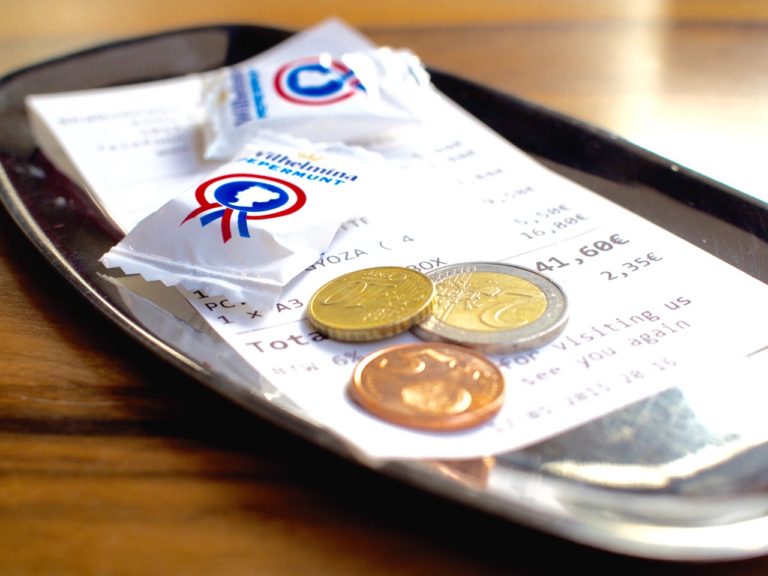Essential Equipment And Accessories For Travel Photography
If you’re been reading the blog for a while, you know how sold I am to my Olympus camera. I…

If you’re been reading the blog for a while, you know how sold I am to my Olympus camera. I…

What is the best time to book tickets to Europe? What is the proper tipping etiquette? Should I get a…

“What are you, a 67-year old retiree?” “Would you like me to get you a cane for your trip?” “Are…

Although travel is undoubtedly my biggest passion in life, I’ve also been giving minimalism a lot of thought lately; about…

Clearly I picked the wrong job. What was I thinking, becoming a travel blogger, when flying is one of the…

I wouldn’t describe myself as either a budget or a luxury traveller; I tend to be right smack in the…

If you are one of the roughly 6981872 million people (rough estimate) who have always dreamed to go on a whirlwind luxury…

I’ve only recently started to describe myself as a feminist. Up until a few years ago, feminism didn’t have the…

So many of my friends and readers have asked me this question over the years: how have you managed to…

If you’ve been reading this blog for a few months, you know how I feel about budget airlines in Europe:…
Low-cost airlines are one of the best things about Europe (after the history, the food and the architecture, of course!)….

Whether you are looking into French castle valleys, Italian wineries or a full-on eastern adventure, planning a European road trip…